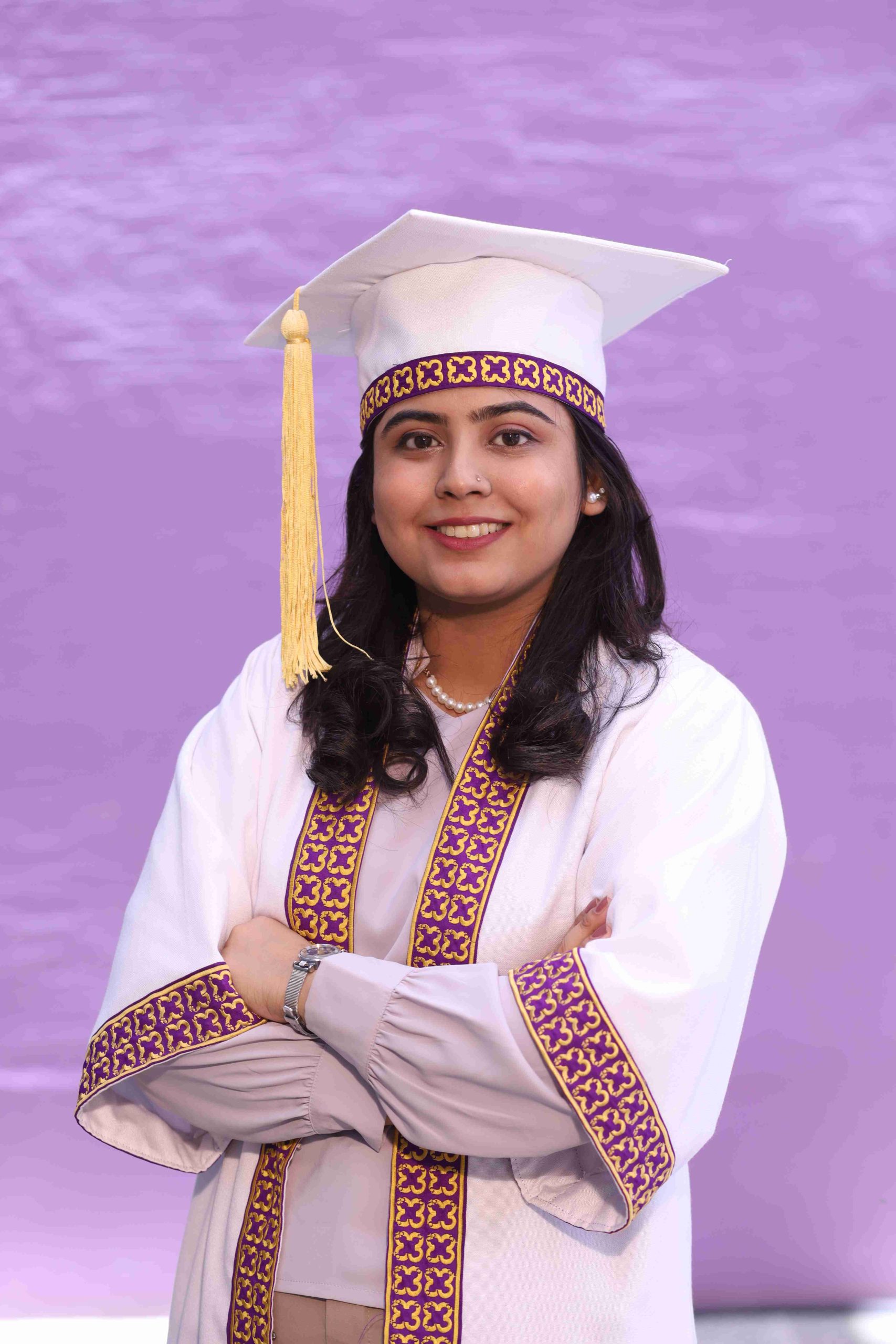
Fabiha Moin
Aspiration Statement
I aspire to work in Sustainability and ESG roles after completing my undergraduate degree, and aim to pursue a postgraduate degree in Sustainable Development after gaining relevant work experience. My other passions include reading and photography.
Core Skills
- Analytical Reasoning
- Critical Thinking
- Microsoft Excel
- Problem Solving
- STATA
- Report Writing
- Qualitative & Quantitative Research Methodology Design
Academic Awards / Achievements
- Dean's List, Fall 2021
- Habib Merit-based Scholarship
Experience
Internship / Volunteer Work
- Research Intern, The Pakistan Business Council (October 2022 – December 2022)
- Research Associate, Stimulus Private Limited (November 2021 – November 2022)
- Research Assistant, Marvi Mazhar & Associates (July 2021 – August 2021)
- Research Intern, Urban Collaborative (June 2021 – August 2021)
- Research Associate, Teach the World Foundation
Publications / Creative Projects
- Article “Debunking Myths Around the Mughals: Did the Pre-Colonial Subcontinent Really Need a White Man’s Saving?” published in The Friday Times
- Research Paper on Determinants of Contraceptive-Use Amongst Pakistani Married Women accepted for presentation at 23rd Annual Population Research Conference, Population Association of Pakistan
- Assisted in research of Climate & Energy Initiative Sensing Study commissioned by the GIZ. (The study explores the current thought process of the Corporate Sector in Pakistan vis-à-vis Climate and Energy Initiatives being taken by the German & Pakistan Governments)
- Assisted in research of Pakistan's Blue Economy Roadmap Development Study commissioned by the Ministry of Maritime Affairs, Pakistan and The World Bank
Final Year Project
Project Title
From Mohajir to Urdu-Speaking: A Mixed Methods Study Exploring the Post-Partition Immigrant Identity
Description
This is a mixed methods exploratory study on the social group identity of the Urdu-speaking Mohajir community in Karachi. Touching upon the themes of partition, intergenerational trauma, healing, and ethnicity, it aims to study community development in post-colonial societies like Pakistan. The qualitative strand of this thesis includes in-depth interviews with three generations of Urdu-speaking Mohajir families living in Karachi, leading to the quantitative strand which consists of a quantitative survey that evaluates the Urdu-speaking Mohajir identity using an ethnic identity scale.